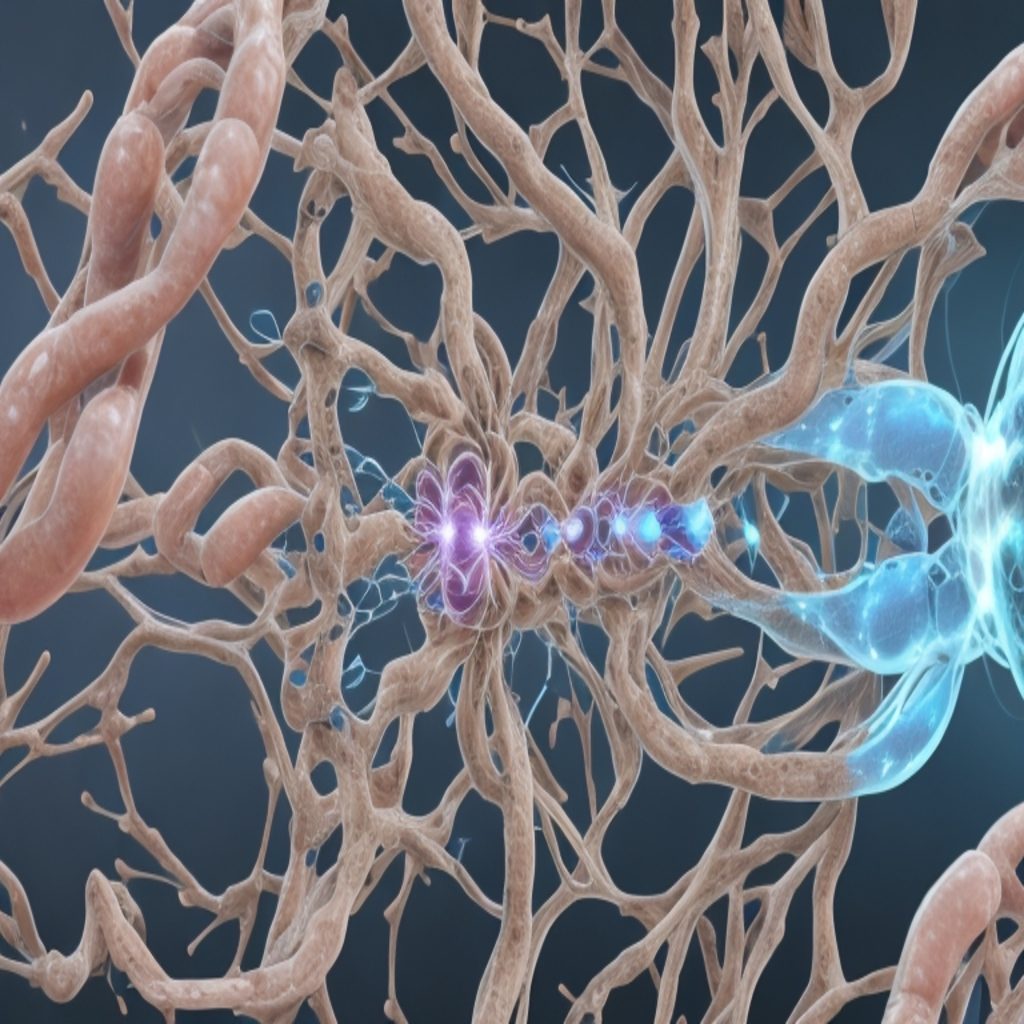Popular YouTuber and philanthropist MrBeast has recently confronted ByteDance Ltd.’s TikTok for allowing a deepfake video to circulate on its platform. The video featured an AI-generated impersonation of MrBeast announcing a massive giveaway of 10,000 iPhone 15 Pros for a mere $2 each. This incident highlights the growing concern surrounding AI deepfakes on social media platforms and their potential to deceive users. In this article, we delve into the details of this controversy and its implications for online content authenticity.
The deepfake scam
TikTok, a prominent social media platform, ran an advertisement showcasing an AI-generated deepfake version of MrBeast. In the video, the imposter claimed to be organizing the “world’s largest iPhone 15 giveaway” with each iPhone priced at just $2. This audacious offer naturally attracted significant attention, particularly given MrBeast’s reputation for hosting giveaways and contests.
MrBeast’s response
Upon discovering the deepfake video, MrBeast took to social media to express his concerns. He pointed out that “Lots of people are getting this deepfake scam ad of me” and questioned whether social media platforms were adequately prepared to combat the rise of AI deepfakes. His public statement added his voice to the chorus of celebrities who have fallen victim to deepfake impersonations circulating on social media.
Unmasking the deepfake
Although the deepfake ad featured MrBeast’s official logo and a blue checkmark, signs of AI manipulation were discernible to astute viewers. Observers noted distorted voices and unnatural mouth movements, both characteristic of AI-generated content. Despite this, the video still managed to gain traction, demonstrating the effectiveness of such scams, particularly among less discerning users.
TikTok’s response
In response to the controversy, a TikTok spokesperson confirmed that the fraudulent ad was swiftly removed a few hours after posting, and the associated account responsible for the deepfake was taken down due to policy violations. TikTok has also taken steps to combat the proliferation of AI-generated content by introducing tools for creators to label such content and testing automatic labeling mechanisms.
A trend in celebrity deepfakes
MrBeast is not the only celebrity to have been targeted by deepfake impersonations. Recently, actor Tom Hanks issued a statement on Instagram denouncing a deepfake version of himself promoting a dental plan. He clarified that he had “nothing to do with it.” Similarly, Robin Williams’ daughter, Zelda, expressed her discomfort with AI recreations of her father’s voice, referring to them as “personally disturbing” and “horrendous Frankensteinian monsters.”
British actor Stephen Fry has also fallen victim to AI misuse, with his voice being used without permission for content related to Harry Potter books. These incidents highlight the increasing pace of deepfakes in the age of advanced AI technology.
The challenge of detecting deepfakes
While tech giants like Google are working on solutions like SynthID to detect AI-generated images, tackling deepfake audio and video remains a complex challenge. Detecting AI manipulation in real time is a formidable task, and it will take time before comprehensive solutions are available. In the meantime, users are urged to exercise caution, employ common sense, and fact-check content that appears suspicious.
The MrBeast deepfake controversy serves as a stark reminder of the risks posed by AI deepfakes in the realm of social media. It highlights the need for platforms like TikTok to remain vigilant in preventing the dissemination of deceptive content. Furthermore, it underscores the urgency for technological advancements to combat the proliferation of AI-generated impersonations of celebrities and public figures. Until comprehensive solutions are in place, online users must remain vigilant and critical to safeguard against falling victim to such scams.





